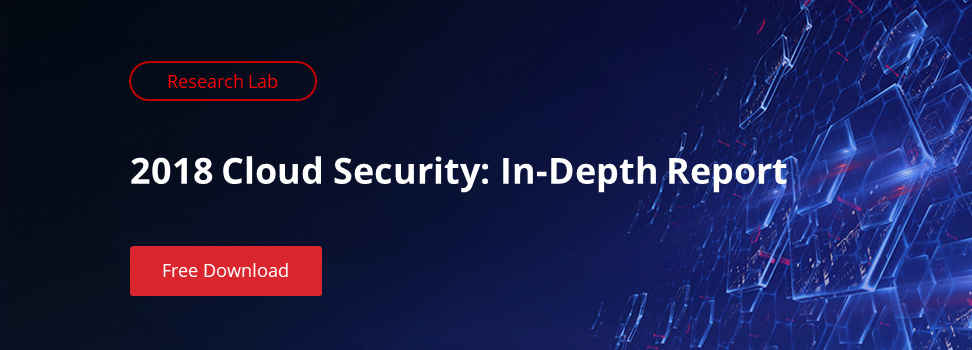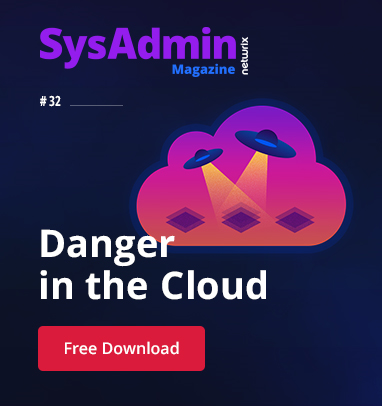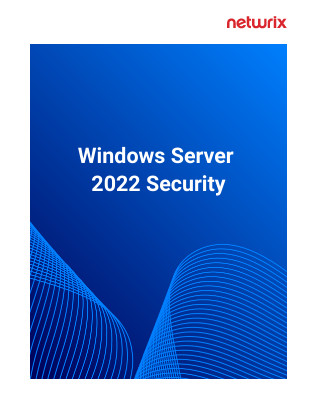As new technologies come to our life, it is always tempting to fall under their magic charms. But with the time passing it is important not to stay overwhelmed by “the newest and shiniest thing on the market”, but rather watch out for how it actually works, what risks are implied and if it is actually worth trusting it.
Not long ago, a question was asked on Spiceworks community, and actually got a lot of responses. This is definitely one of the hottest topics in the IT community these days, especially after the Snowden scandal. In this article you’ll find out what the Spice Heads think about the current state of the Cloud, if they still use Cloud providers and are going to continue adopting the new Cloud Technologies.
According to the Spice Heads, there are several things to consider before deciding, whether to trust a Cloud provider with your own data, or not. Here are the five most important ones:
#1 What Do I Require from a Security Standpoint?
Before you make a decision, whether to rely on a Cloud provider or to build an “in-house” IT infrastructure, you should prioritize your needs. Security, reliability and availability of data should be the first priorities.


#2 How Sensitive Is My Data?
The next thing you have to define is what kind of data you have: how sensitive it is and how tragic it can be for you to get a leak or to lose it all together. It is important to understand the difference between business information and personal data. It would probably make sense to trust a Cloud service with one kind of data and only rely on an “in-house” and well-controlled system with another.



#3 Does the Data Belong to Me or to My Company?
Your decision should also depend on your purposes: what suits a private person and the data he might have can be not applicable to a huge enterprise. There is a different degree of risk, and the losses, caused by a leakage, can be tremendously incomparable. But it seems, that most of IT guys share a thought, that SaaS as well as Cloud are most suitable for small and medium-sized business, as opposing to an Enterprise market.


#4 How Do I Approach My Data?
It is important to decide, how and when you access your data. This can help you make the right choice about how to handle it and where to store it.

# 5 What Is the Cost vs. Benefit Ratio?
When it comes to cost, you should ask yourself these questions:
- How will I deal with Cloud service outrages?
- What downtime can I afford?
- Is it really important for me to know, where my data is actually stored?
If you are relatively flexible on these things, then a Cloud provider might suit you well. Plus, it is cheaper in most cases.

Gravesender: There was a considerable debate about Cloud vs. in-house for Exchange. We opted for in-house for a number of reasons:
1. We lack affordable access to reliable internet connectivity with decent bandwidth. This has been a chronic problem since I started here 10 years ago. Our in-house Exchange lets most folks keep working if we lose outside connectivity. Shared calendars and such are very important here. On the other hand, our sales manager was a big advocate of the Cloud because he could, in theory, remain in touch through his smart phone if anything went wrong with our server or connectivity.
2. The boss has a suspicious nature and doesn’t trust the Cloud.
3. As far as operating costs go, once we got Exchange going, it pretty much runs itself. I have to maintain an in-house network for some LOB applications that are not really suitable for the Cloud, so I have to be here in any case.
So, as you can see, everyone has their own reasons to blame or defend Cloud providers and SaaS. But it is important to understand, what kind of data do you have and also don’t omit, that there are always risks in giving your data to someone else even if it is a trusted contractor. Just don’t forget, that the best choice is always based on your needs and not on what seems to be the trendiest thing out there.
What do you think about the Cloud services? What role does Cloud have in your company?


